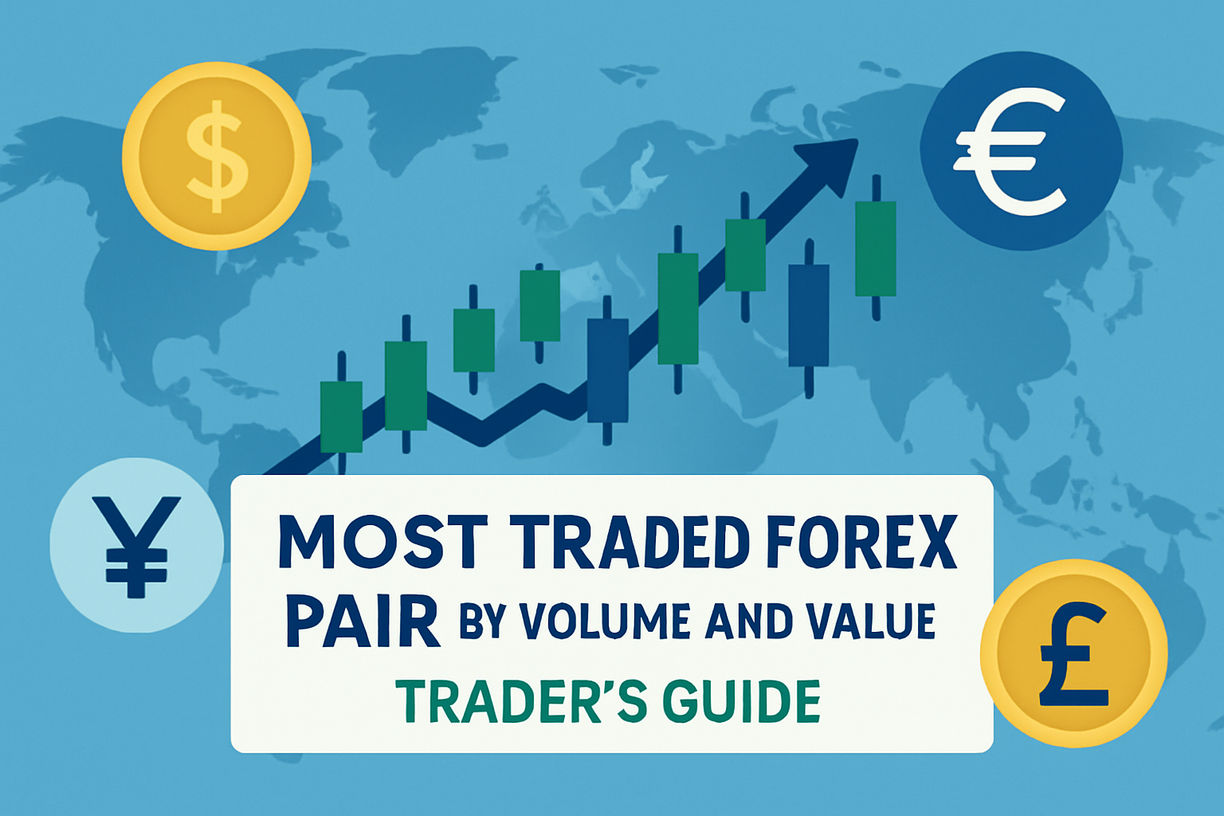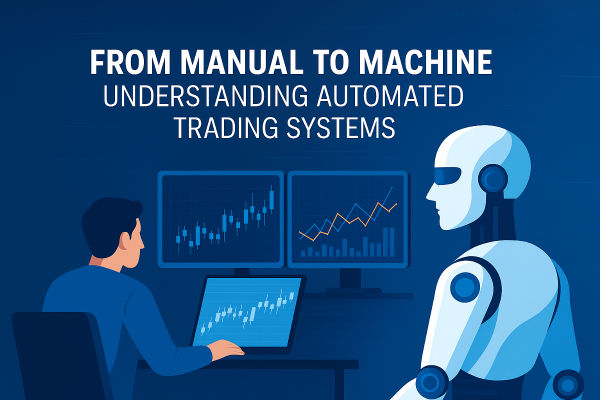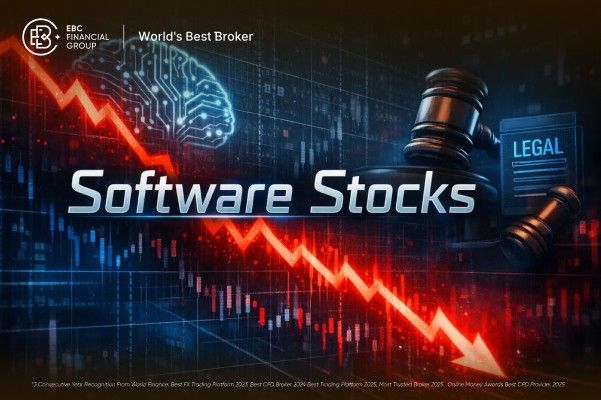In forex trading, arbitrage refers to the strategy of trading
using price differences between different currencies to obtain profits. Although
market participants actively seek arbitrage opportunities, they are usually
short-lived due to the high liquidity and competitiveness of the market.

The
following are some common arbitrage conditions for forex trading:
1: Interest Rate Arbitrage
Interest rate arbitrage refers to the use of interest rate differences in
different countries or regions for arbitrage. Investors can borrow low-interest
currencies and invest in high-interest currencies to obtain spread returns.
2. Currency Arbitrage
Currency arbitrage refers to the use of currency exchange rate differences
between different countries or regions for arbitrage. Investors can exchange
currencies between different markets to gain profits from exchange rate
differences.
3. Futures Arbitrage
Futures arbitrage refers to the use of price differences between different
futures markets for arbitrage. Investors can buy and sell between different
futures markets to gain profits from price differences.
4. Arbitrage Trading
Arbitrage trading refers to the use of price differences between different
exchanges in the same market for arbitrage. Investors can buy and sell between
different exchanges to gain profits from price differences.
5. Cross-Exchange Rate Arbitrage
Cross-exchange rate arbitrage refers to the use of exchange rate differences
between different currency pairs for arbitrage. Investors can exchange
currencies multiple times and ultimately gain profits from exchange rate
differences.
6. Option Arbitrage
Option arbitrage refers to the use of price differences between different
option contracts for arbitrage. Investors can buy and sell between different
option markets to gain profits from price differences.
7. Arbitrage Robot
Arbitrage robots refer to the use of computer programs for arbitrage trading.
These robots can automatically monitor market price differences and trade at
appropriate times to gain profits.
Arbitrage trading has certain risks, including market risk, Liquidity risk,
and execution risk. Investors need rapid market reaction ability, high technical
analysis ability, and effective execution ability.
Disclaimer: Investment involves risk. The content of this article is not an investment advice and does not constitute any offer or solicitation to offer or recommendation of any investment product.


























